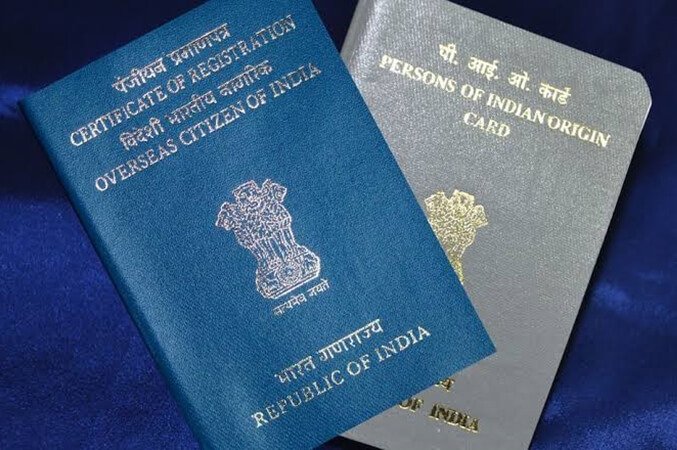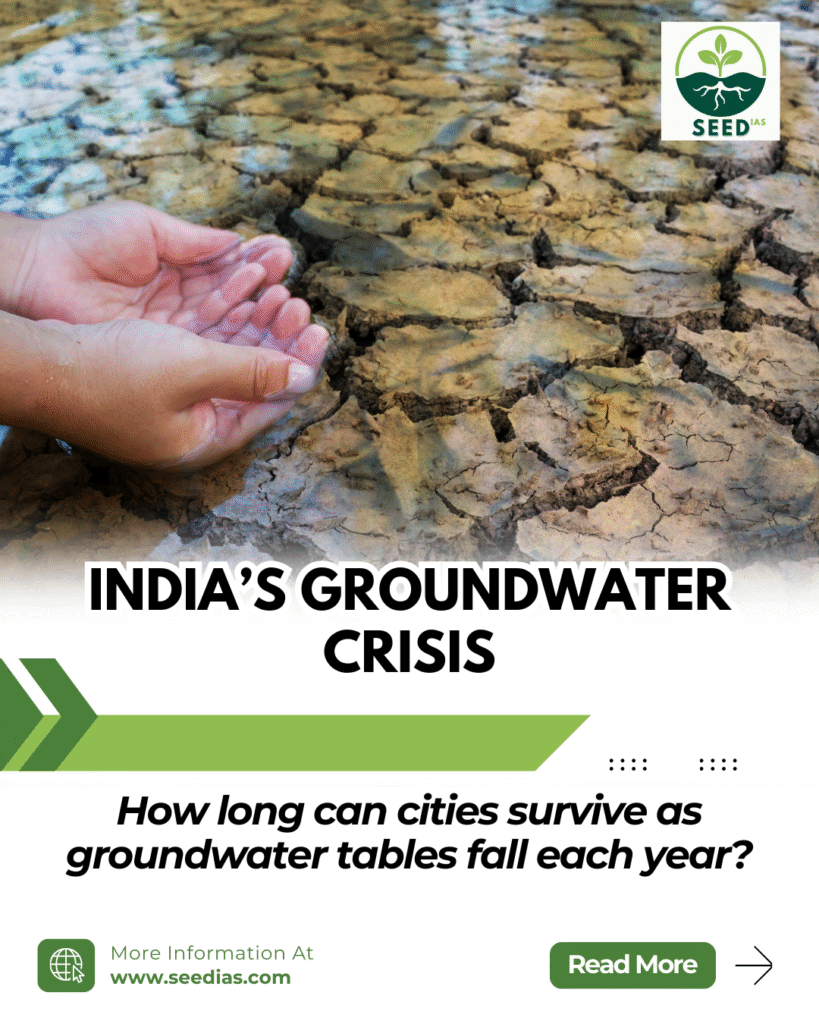Why in News
The Indian government has cancelled the Overseas Citizen of India (OCI) registration of a British academic, citing her involvement in anti-India activities through her writings, speeches, and journalistic work at international forums.
What is the Overseas Citizenship of India Scheme?
| Aspect | Details |
|---|---|
| Introduction | Introduced via amendment to the Citizenship Act, 1955 in 2005 to allow foreign citizens of Indian origin to live, work, and travel freely in India (without dual citizenship). |
| PIO Merger | In 2015, the PIO (Person of Indian Origin) and OCI categories were merged. |
| Current Status | As of 31st January 2022, over 40.68 lakh OCI cards have been issued. |
Eligibility Criteria
| Eligible Categories | Ineligible Categories |
|---|---|
| – Former Indian citizens post 26 January 1950 | – Citizens of Pakistan and Bangladesh |
| – Citizens of territories that became part of India after 15 August 1947 | – Serving/retired foreign military personnel |
| – Children, grandchildren, great-grandchildren of eligible Indian citizens | |
| – Minor children with at least one Indian parent | |
| – Spouses of Indian citizens/OCI cardholders (registered marriage and subsisting for at least two years) |
Benefits to OCI Cardholders
| Benefit | Explanation |
|---|---|
| Visa-Free Entry | Lifelong, multiple-entry, multi-purpose visa to visit India |
| NRI Parity | Same rights as NRIs in areas like education, finance, and property (except agricultural land) |
| Citizenship Pathway | Can apply for Indian citizenship after 5 years as OCI, with at least 1-year physical stay in India |
| Pension Scheme Access | Eligible to join National Pension System (NPS) like NRIs for retirement planning |
Limitations & Restrictions
| Type | Details |
|---|---|
| No Dual Citizenship | India does not allow dual citizenship legally. |
| Political Rights | Cannot vote, contest elections, or hold constitutional posts like President, VP, or judge |
| Public Employment | Ineligible for regular government jobs unless notified by the Central Government |
| Special Permissions Required | Mandatory for journalistic, missionary, mountaineering work, and travel to Protected/Restricted Areas |
OCI Card Cancellation
| Provision | Details |
|---|---|
| Legal Basis | Section 7D of the Citizenship Act, 1955 |
| Grounds for Cancellation | Misrepresentation, fraud, anti-India activities, violation of conditions, threat to public order |
Person of Indian Origin (PIO)
| Definition |
|---|
| A PIO was a foreign citizen (except nationals of Pakistan, Afghanistan, Bangladesh, China, Iran, Bhutan, Sri Lanka, Nepal) who: |
| – Once held an Indian passport |
| – Has Indian-origin ancestry (parent/grandparent/great-grandparent born and residing in undivided India) |
| – Is a spouse of an Indian citizen or a PIO |
Practice Questions
Prelims MCQs
Q1. With reference to the Overseas Citizenship of India (OCI), consider the following statements:
- OCI cardholders are allowed to vote in Indian elections.
- They can acquire agricultural land in India.
- They need special permission to undertake mountaineering expeditions in India.
Which of the statements is/are correct?
A. 1 and 2 only
B. 3 only
C. 1 and 3 only
D. 2 and 3 only
Answer: B
Q2. Which of the following groups are ineligible for the OCI card?
- Citizens of Pakistan
- Retired military officers from the UK
- Children of Indian citizens
Select the correct answer:
A. 1 and 2 only
B. 2 and 3 only
C. 1 and 3 only
D. All of the above
Answer: A
Q3. Which of the following benefits is available to OCI cardholders?
A. Right to contest elections in India
B. Dual citizenship with India
C. Parity with NRIs in educational and economic matters
D. Right to purchase agricultural land in India
Answer: C
Mains Question (GS II – Polity & Governance)
Q. Examine the key features, benefits, and limitations of the Overseas Citizenship of India (OCI) scheme. In light of recent cancellations of OCI status, critically evaluate the legal and ethical aspects of regulating foreign nationals of Indian origin.














